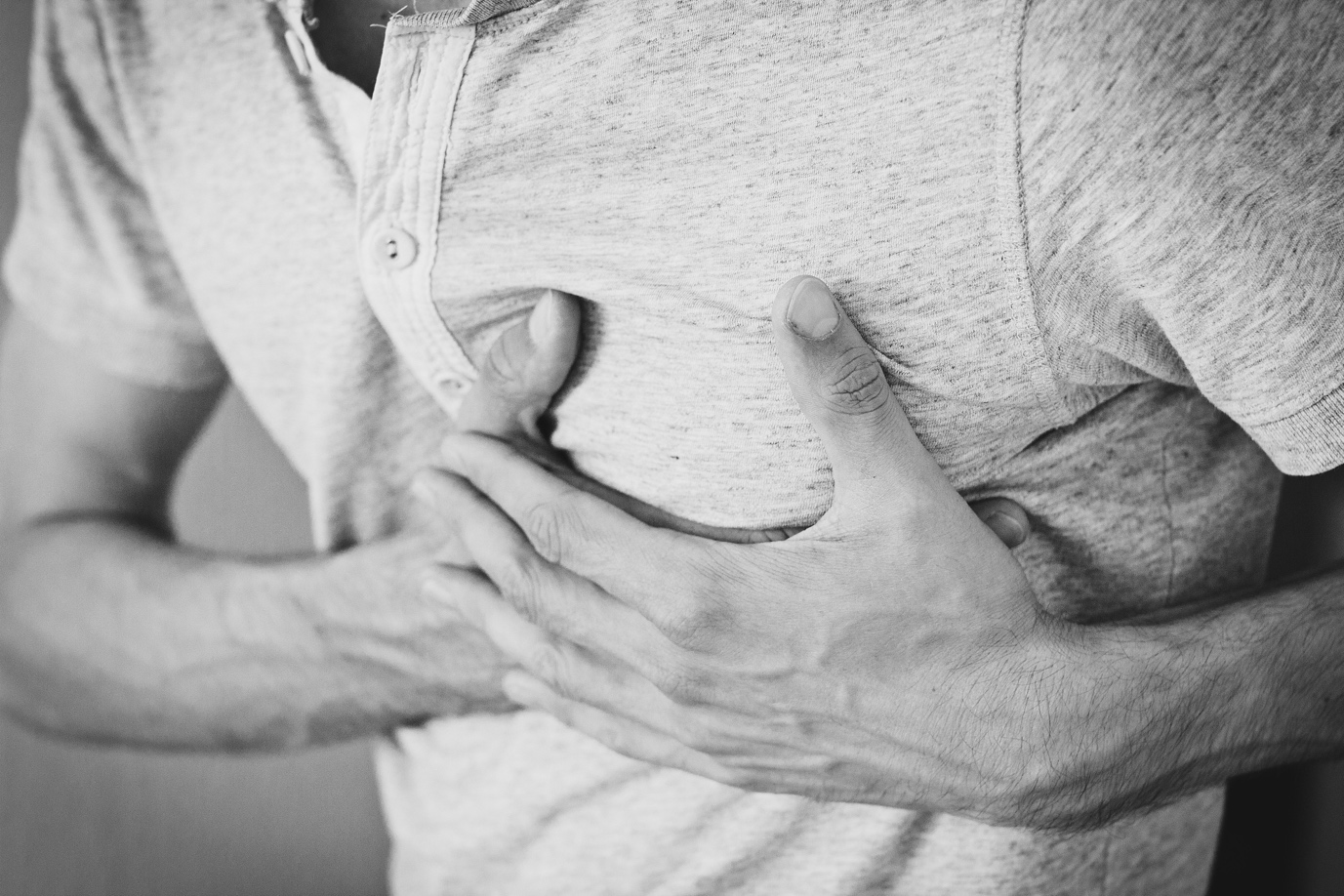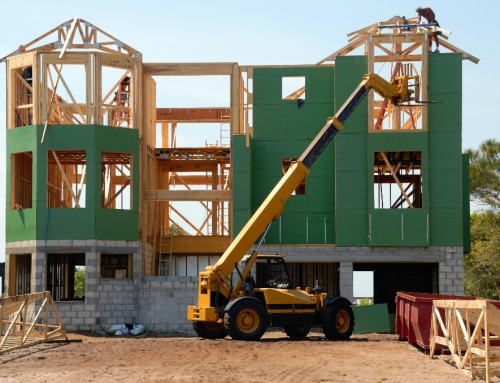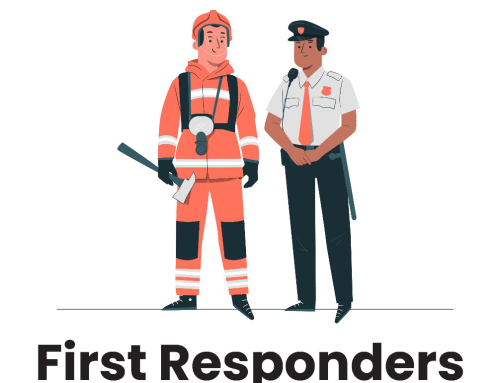Cardiac emergencies can be of several types, ranging from mild angina pain to major heart attacks, and even complete heart failure and cardiac arrests.
The symptoms during most cardiovascular emergencies vary from person to person. At times, the symptoms build up over time, and at other times, they are sudden. The severity of the symptoms also varies significantly.
Chest Discomfort or Pain
Most people experience some chest discomfort. For many patients, this pain then spreads to their jaw, arms, shoulders, back, or neck.
Some people also feel pressure on their chest, and they’ll feel it tighten, or some may even feel a burning sensation. These are all signs that point toward a heart attack.
Sweating
This is the kind of sweating that you’ll be able to recognize as something out of the ordinary. If a person is sweating excessively without any activity or hot weather to justify it, it’s a potential sign of a heart problem.
This is because the heart is overworking itself to pump blood through clogged arteries. And your body is trying to keep its temperature down by sweating.
Breathlessness
This is a very early sign. What’s likely going to happen is that you will start feeling short of breath doing the same things that you’ve always been doing. For instance, climbing stairs.
As the condition is left unaddressed, the shortness of breath will worsen to the point that the patient will experience breathlessness while even walking from one room to the next. Women sometimes feel fatigued as well when they are experiencing breathlessness.
These are the three most common signs of a cardiac emergency that a patient or someone around them can immediately recognize. A few other symptoms are anxiety, a sense of doom, pale skin, or a person collapsing without warning. Some people may also experience severe stomach discomfort,
In case you see any of these symptoms in somebody at work or home, call an ambulance immediately. Ensure the patient is resting, preferably on the floor with knees bent, with cushions supporting the back and under the knees. Keep checking their pulse; it may be irregular. And most importantly, stay calm.
To better equip yourself to deal with a cardiac or any other sort of medical emergency, register yourself for Emergency First Aid Training And CPR Courses with Metro Safety Training. Learn how to calmly but effectively deal with life-threatening emergencies and save the precious lives around you. Call us for more information.







